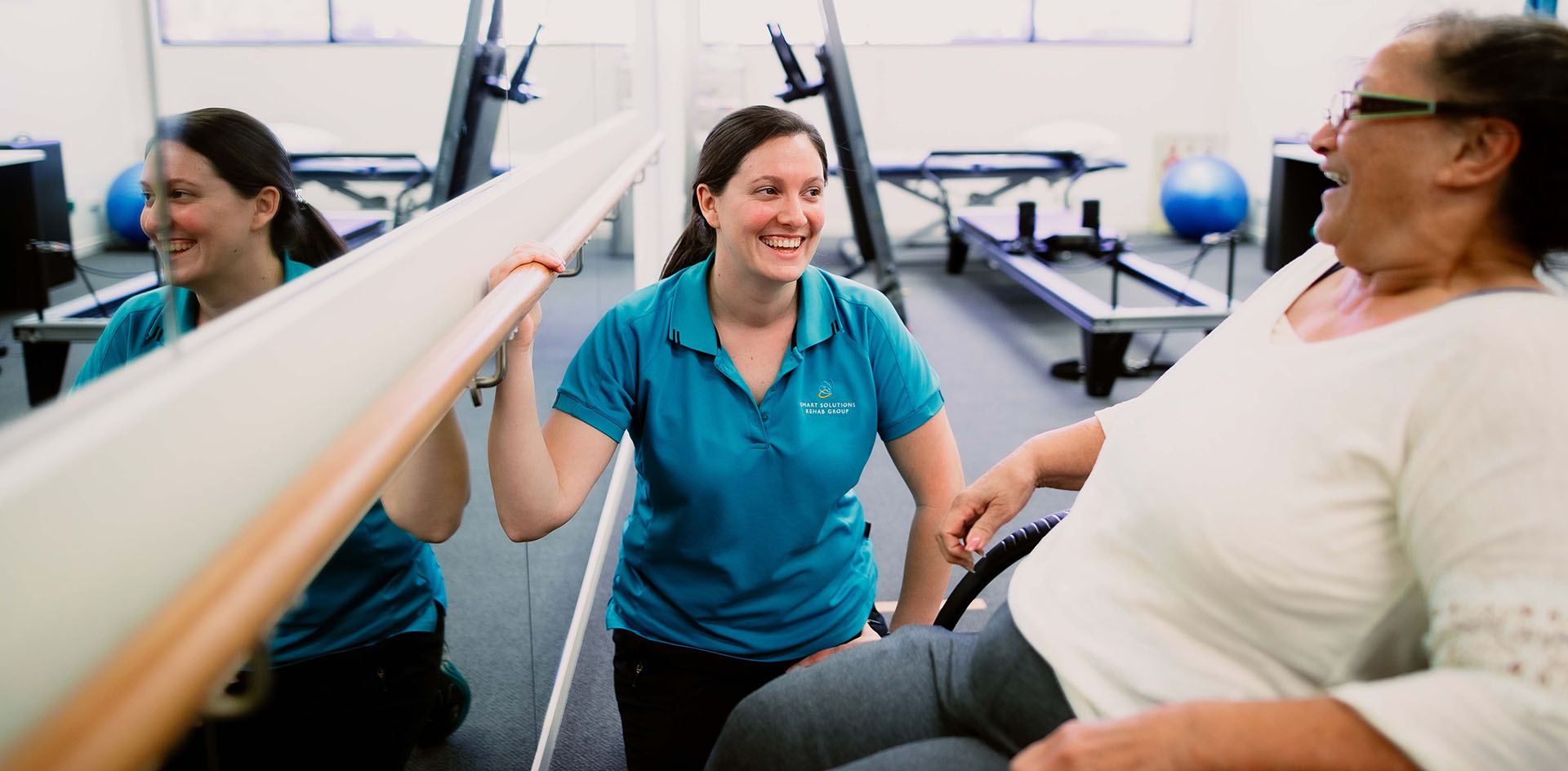What is a Physiotherapist?
Physiotherapists possess in-depth understanding of the human body in terms of both structure and movement. This comprehensive knowledge allows Physios to assist with a diverse range of health conditions, from sporting injuries through to more serious health conditions.
What can a Physiotherapist help with?
Physios diagnose and treat a variety of health conditions relating to the muscles, bones, nerves, and the cardiovascular system. Using a variety of evidence-based treatment techniques, Physios work with their clients to help improve muscle strength, increase mobility, reduce pain, and shorten recovery times. For example, Physios might see clients who are suffering injury or pain, arthritis, neurological conditions like Parkinson’s disease, chronic diseases like diabetes or osteoporosis, recovering from stroke, or dealing with incontinence. Physios work closely with their clients to help them achieve important goals relating to increased independence and improved quality of life.
How does a Physiotherapist work?
Assessments and evaluations
A Physio will undertake a comprehensive initial assessment to understand a person’s specific circumstances and identify the most appropriate outcome for their situation. This will include identifying any daily mobility and physical needs, addressing any pain being experienced, and assessing capabilities relating to joint range of motion, strength, balance, and exercise capacity. Physios are equipped to prescribe and manage a range of interventions, depending on a client’s circumstances.
Interventions
Therapy programs, rehabilitation, and condition management
Physios develop therapy and rehabilitation programs to address specific conditions and aid in the recovery process. This can range from exercise programs to improve fitness, strength, mobility, balance, co-ordination and motor control through to rehabilitation programs for managing chronic health conditions such as neurological rehabilitation, pulmonary rehabilitation, or vestibular rehabilitation. Other interventions Physios use to increase safety and improve quality of life relate to pain management and falls prevention.
Assistive Technology (AT)
Physios are experts at navigating the process of assessing, identifying, scripting, and trialing the most appropriate Assistive Technology solutions to help a client reach their goals. This will often involve an assessment of a client’s fall history, mobility review, AT review, safe transfer education, and functional balance training. AT can play an essential role in achieving or maintaining a person’s independence and safety through increased mobility.
Physios are highly resourceful!
Physios take a diverse approach to therapy and rehabilitation, depending on the needs of each client. SSRG Physios are highly flexible, providing services in home, in clinic, or at a local gym or pool – they can even meet clients at a local park or community centre. This means that therapy plans can be tailored to meet the specific needs of each individual. Aquatic therapy, for example, is a great option for clients who would benefit from gravity-eliminated exercise programs to support joints and gentle movement. Pilates and barre work also provide a supportive option for recovery and can be provided in clinic.
How do I access Physiotherapy?
There are a variety of funding options available depending on a person’s individual circumstances. These might include access to the NDIS, Home Care Packages, DVA, Medicare, Transition Care Services or WorkCover to name a few. The easiest way to explore your options, and assess your eligibility is to discuss your circumstances with a support coordinator or service provider. You can find out more about our Physiotherapy services here, or by contacting us on 1300 729 190 or admin@ssrg.com.au. Our team is always available to discuss your needs.




